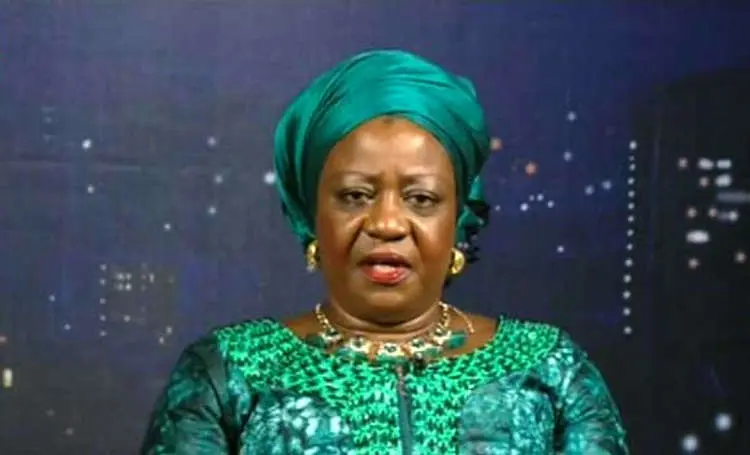Reasons Governor Alia Executive Order is Illegal, Activist Sue Benue State Governments
A group of human rights activists has filed a lawsuit in the High Court in Makurdi, Benue State, contesting a recently enacted public order law by the state government.
Plaintiffs Bemgba Iortyom and Adebayo Ogorry argue that the Public Order Act severely infringes on fundamental rights and represents a “reign of dictatorship” that must be stopped. The law, which includes measures such as a ban on public events after 10 PM and the prohibition of hawking, has faced significant criticism for allegedly suppressing free speech and criminalizing everyday activities.
The activists contend that the law is vague, oppressive, and targets vulnerable populations and political opponents. They have brought their case to the High Court of Benue State in Makurdi, naming the government of Benue State, the executive governor, and the attorney general and commissioner of justice and public order as defendants. They seek a judicial declaration that Governor Alia’s executive order is both a violation of fundamental human rights and an abuse of power, overstepping the governor’s constitutional authority.
In a press conference, the activists stated, “We believe it is our duty to protect the state from executive overreach and authoritarianism evident in Governor Alia’s actions. If left unchecked, these actions will undermine the foundations of constitutional democracy essential for a just, strong, and prosperous Benue State.”
The activists have urged the court to invalidate the governor’s law and grant several specific reliefs, including:
1. A declaration that requiring a permit from the Department of Public Order for rallies, wakes, and other public gatherings is illegal and unconstitutional, violating sections 40, 41, and 45(1) of the 1999 Constitution and Article 11 of the African Charter on Human and People’s Rights.
2. A declaration that the Public Order Act, on which Governor Alia’s executive order is based, is illegal and unconstitutional as it contravenes sections 40, 41, and 45(1) of the 1999 Constitution and Article 7 of the African Charter.
3. A declaration that the defendants lack the authority to issue permits for public gatherings after 10 PM.
4. A declaration that criminalizing and punishing acts of disrespect to elders and authority figures, not explicitly sanctioned by written law, is illegal and unconstitutional.
5. A declaration that the executive order cannot legitimize the accommodation of minors in hotels and brothels with parental consent, violating the Child Rights Act of Benue State.
6. A declaration that the establishment of “The Public Order Tribunal” by the executive order is illegal and unconstitutional.
The activists seek a court order to nullify Governor Alia’s executive order, arguing it is illegal, unreasonable, and beyond the powers of the defendants, directly breaching the 1999 Constitution of the Federal Republic of Nigeria.



